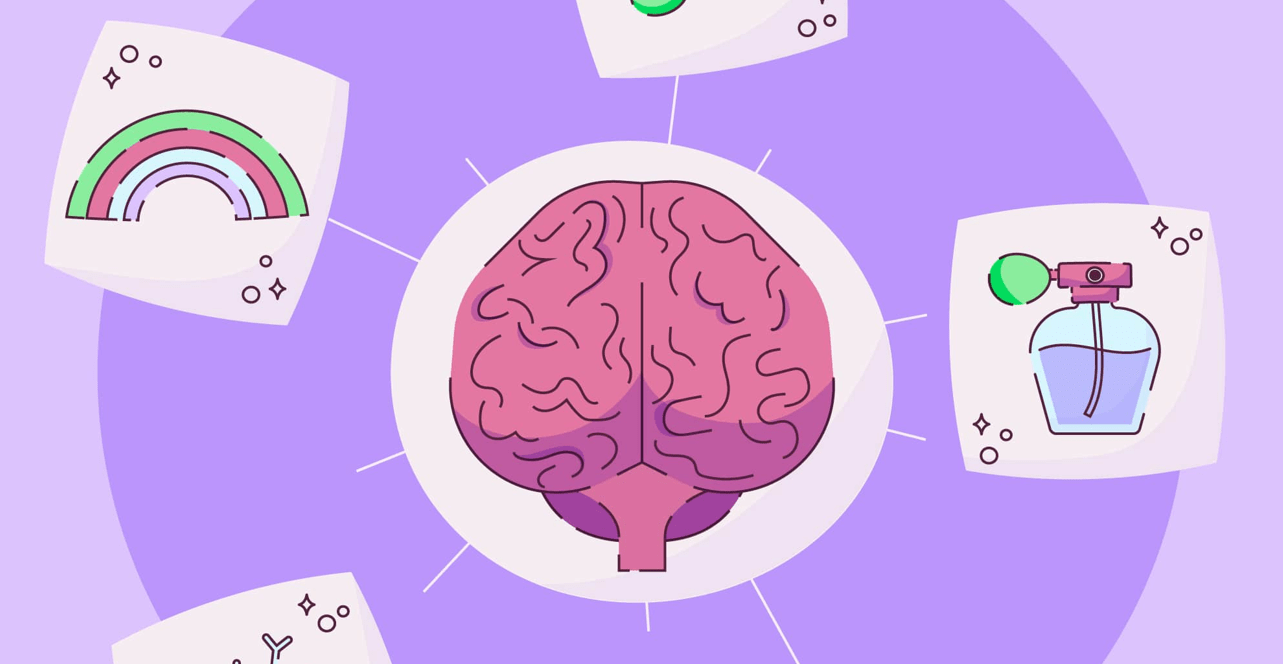How Memory Training Helps Reduce Brain Fog

Brain fog can make everyday tasks feel exhausting. Forgetting names, losing your train of thought, and struggling to focus are all common symptoms. While lifestyle adjustments like better sleep, nutrition, and exercise are important, memory training offers a powerful, science-based way to reduce brain fog and improve mental clarity. Apps like Moadly provide structured cognitive exercises that help your brain recover sharpness and focus naturally.
What Brain Fog Is and Why Memory Matters
Brain fog is a temporary decline in cognitive function that affects attention, memory, and executive functioning. When brain fog sets in, even simple tasks like remembering appointments or following conversations can become challenging. Memory plays a central role in brain fog because our ability to retain and recall information underpins attention, decision-making, and problem-solving.
Memory can be divided into several types:
- Short-term memory: Holds information temporarily for immediate use
- Working memory: Maintains and manipulates information during tasks
- Long-term memory: Stores information for days, months, or years
Brain fog often weakens working and short-term memory, which makes daily tasks feel more difficult and mentally exhausting.

The Science Behind Memory Training
Memory training exercises work by engaging your brain in focused, repetitive tasks that strengthen neural pathways. The principle is based on neuroplasticity — the brain's ability to reorganize itself by forming new connections. Studies have shown that targeted cognitive exercises improve working memory, attention, and processing speed, all of which can alleviate brain fog.
How Memory Training Impacts Cognitive Function
- Improves attention: Structured memory exercises require focus, which trains your brain to sustain attention for longer periods.
- Strengthens working memory: Regular practice improves the brain's capacity to hold and manipulate information, reducing mental fatigue.
- Enhances processing speed: Challenging memory tasks increase the efficiency of neural networks, allowing information to be processed more quickly.
- Supports executive function: Planning, task switching, and problem-solving skills benefit from memory and attention exercises.
By improving these cognitive domains, memory training directly addresses the core deficits that create the feeling of mental fog.
Why Moadly Works for Brain Fog
Moadly is a memory and attention training app designed to provide scientifically structured exercises that adapt to your skill level. Unlike simple puzzles or casual games, Moadly focuses on:
- Working memory exercises that simulate real-life challenges
- Attention-focused games that improve focus under distraction
- Adaptive difficulty to ensure progressive improvement
Studies show that consistent, targeted cognitive training can increase neural efficiency and reduce cognitive fatigue. Users of Moadly often report feeling more alert, less mentally drained, and better able to concentrate, even during demanding tasks.
Memory Training Techniques That Reduce Brain Fog
1. Dual N-Back Exercises
Dual n-back tasks challenge the brain to remember sequences of auditory and visual stimuli simultaneously. This type of exercise strengthens working memory, which is often impaired during brain fog.
2. Attention and Focus Games
Many memory training apps, including Moadly, feature games designed to improve selective attention. By practicing focusing on relevant information while ignoring distractions, your brain becomes more efficient in daily activities.
3. Visual and Spatial Memory Challenges
Activities that require recalling locations, sequences, or patterns help enhance spatial memory. These exercises not only support memory recall but also reduce mental sluggishness by keeping the brain actively engaged.
4. Recall and Repetition Exercises
Repetition strengthens neural connections. Memory exercises that involve recalling information repeatedly help consolidate both short-term and long-term memory. This is critical for counteracting the forgetfulness associated with brain fog.
Supporting Natural Brain Fog Remedies
While memory training is central, combining it with other natural strategies amplifies results:
- Sleep: Consistent, quality sleep enhances memory consolidation and reduces cognitive fatigue.
- Nutrition: Omega-3 fatty acids, antioxidants, and B vitamins support neural function.
- Exercise: Physical activity increases blood flow and oxygen to the brain, supporting neuroplasticity.
- Stress management: Meditation, mindfulness, and relaxation reduce cortisol levels that impair memory.
Incorporating memory training with these lifestyle practices creates a holistic approach to reducing brain fog. For example, combining daily Moadly exercises with proper nutrition and exercise can accelerate cognitive recovery.
Memory Training for Different Age Groups
Memory training benefits people of all ages, but the focus may differ:
Young Adults
Enhances focus and multitasking skills, reduces cognitive fatigue, and prevents early signs of attention decline. See more at Free App for Playing IQ Games and Smarter Thinking.
Older Adults
Improves working memory, supports executive function, and can help slow cognitive decline. Regular exercises are associated with better mental clarity and may reduce age-related forgetfulness (benefits of brain games for adults over 70).
How to Integrate Memory Training into Daily Life
Consistency is key. Effective strategies include:
- Scheduling 10–20 minutes per day for brain training exercises
- Combining mental exercises with physical movement or short breaks
- Tracking progress using app features to stay motivated
- Gradually increasing difficulty to challenge the brain
Using apps like Moadly for Android or for iPhone makes this process structured and enjoyable, which increases adherence and effectiveness.

Scientific Evidence Supporting Memory Training
Research demonstrates that targeted memory exercises can produce measurable improvements in working memory, attention, and cognitive flexibility. Neuroimaging studies show increased activity in prefrontal and parietal regions of the brain after regular memory training. These neural changes correlate with reductions in mental fatigue and improvements in problem-solving, focus, and memory recall.
Memory training is also being investigated for its potential role in reducing cognitive symptoms associated with post-illness fatigue, including COVID-related brain fog.
Long-Term Benefits of Memory Training
- Enhanced working memory and focus
- Reduced mental fatigue and brain fog
- Improved problem-solving and decision-making skills
- Stronger executive function for daily tasks
- Greater cognitive resilience as you age
By making memory training a regular habit, you can create lasting improvements in mental clarity and cognitive performance.
Conclusion
Brain fog can make life feel mentally heavy, but memory training offers a natural, effective way to regain clarity. Structured exercises strengthen neural patways, improve attention, and enhance working memory.
Tools like Moadly provide an accessible, scientifically based way to incorporate memory training into your daily routine. Combined with proper sleep, nutrition, exercise, and stress management, memory training can significantly reduce brain fog and support long-term cognitive health.
References
- National Institutes of Health – Cognitive Health and Older Adults
- Harvard Health Publishing – Understanding Brain Fog and Mental Fatigue
- Cleveland Clinic – Causes and Treatment of Brain Fog

